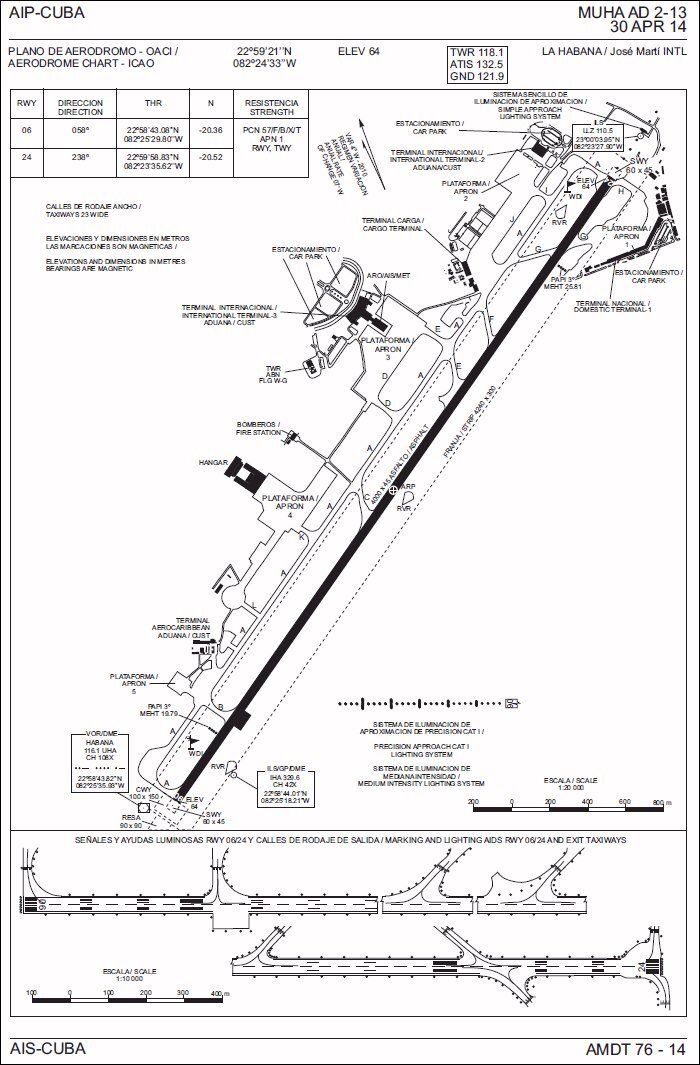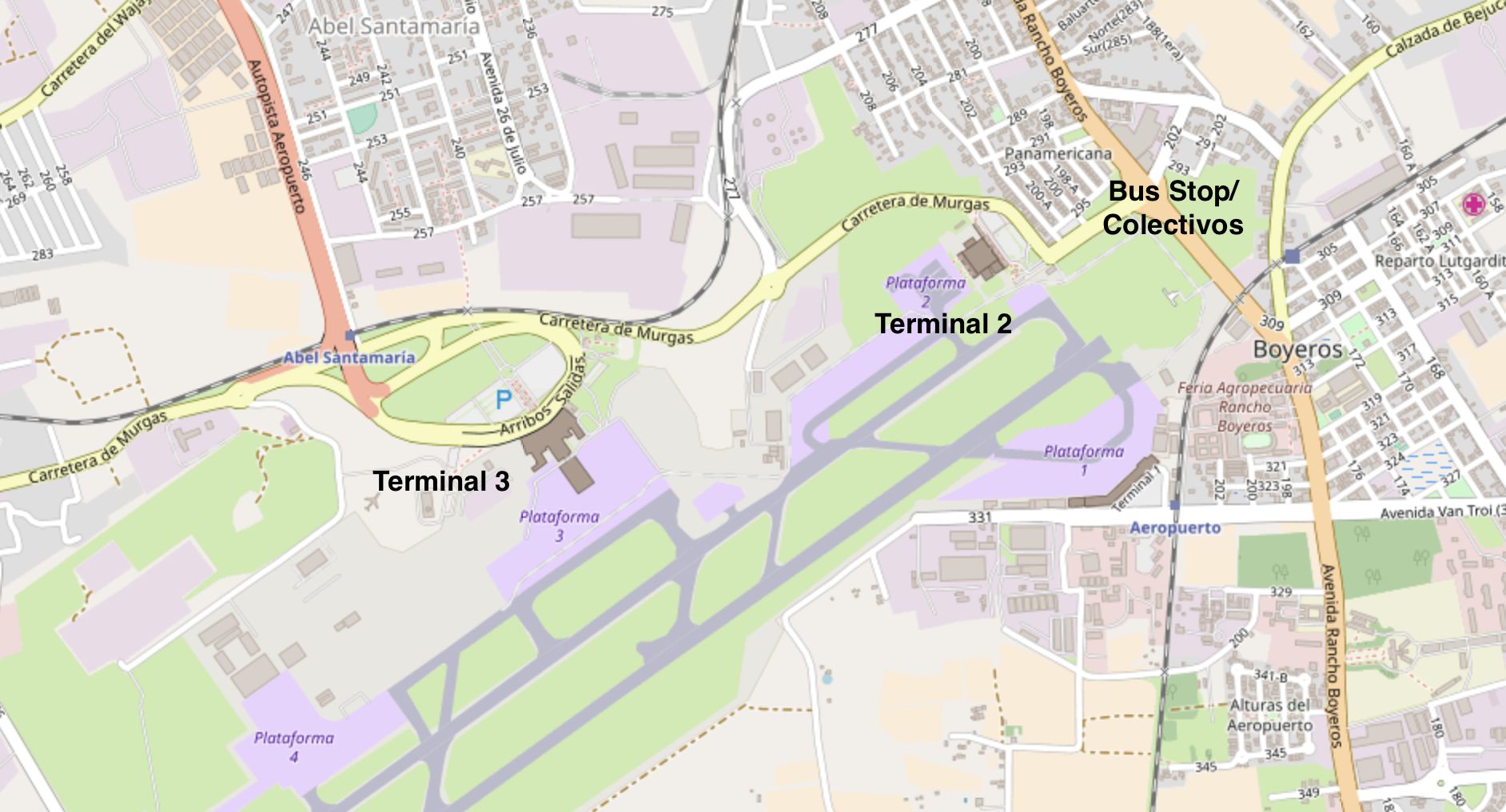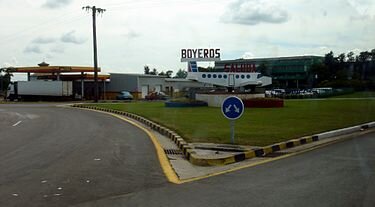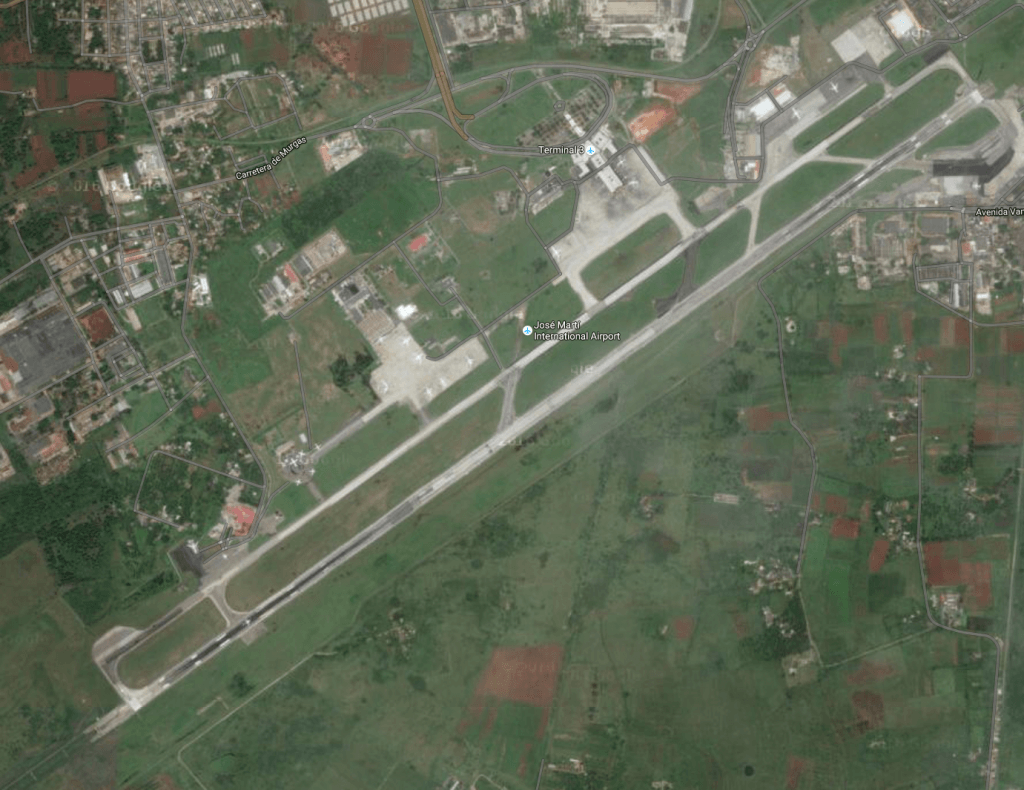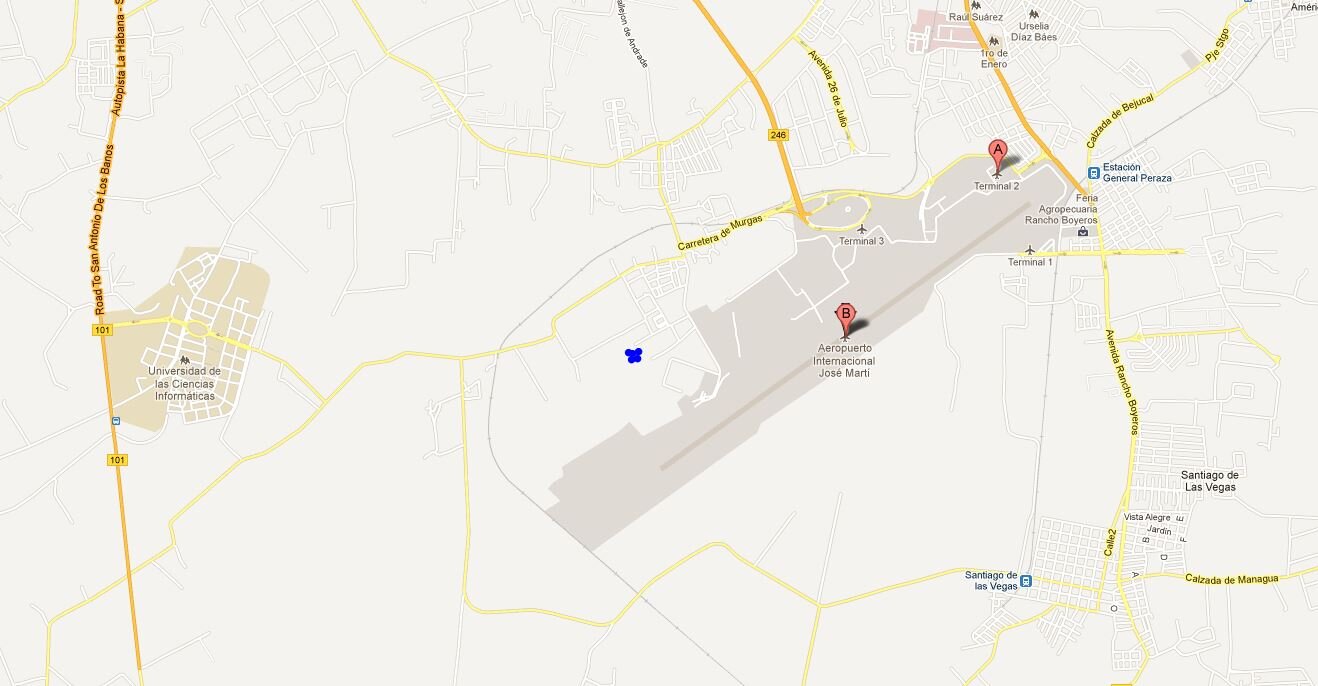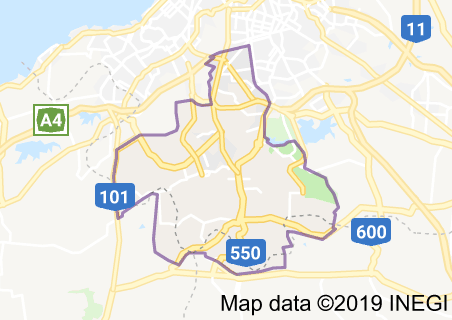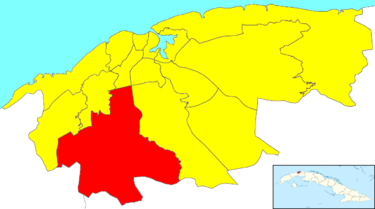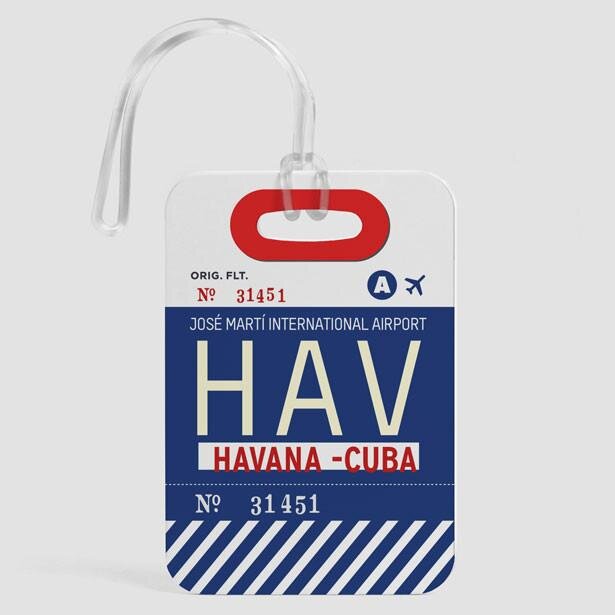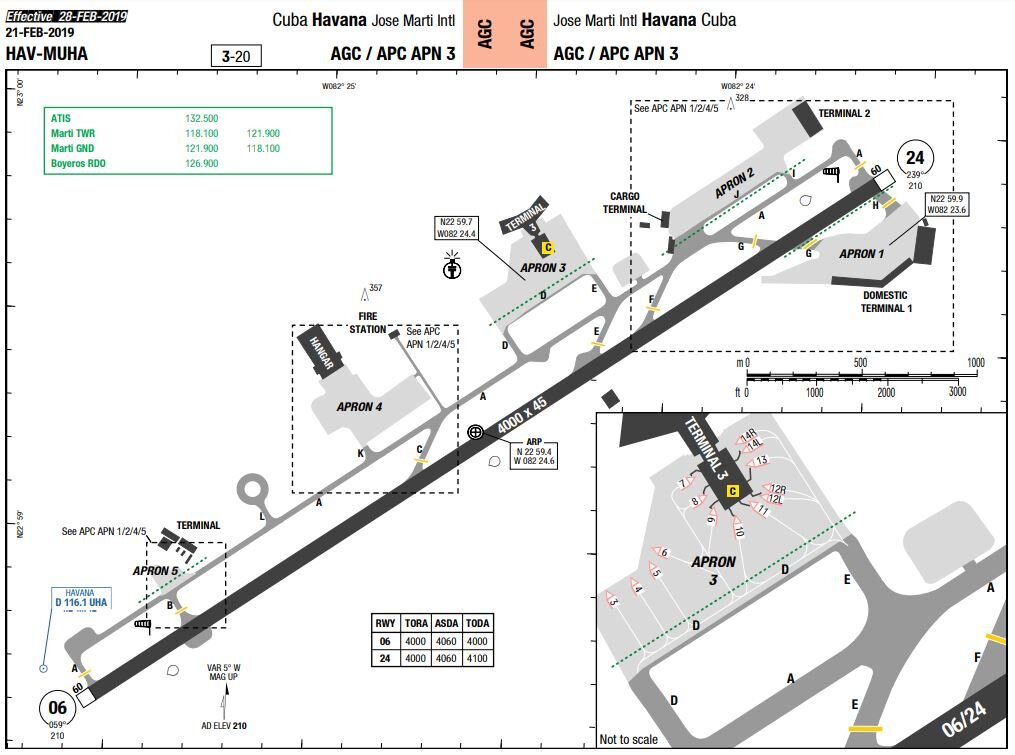Cruise Lines (sued); Hotels (sued); Internet Travel Sites (sued); Cuba Companies (sued). Next Up- 51 Airlines?
/Five Presidents & Four Prime Ministers To President Trump: Donald, Why Are You Suing Our Airlines?
Could Bring Presidents Erdogan, Macron, XI, Lopez Obrador, Putin; Prime Ministers Johnson, Sanchez, Trudeau, Varadkar Into Direct Conflict With President Trump
United Nations General Assembly May Have A New Subject To Debate
Fifty-One New Libertad Act Defendants? Spain Hit Twice?
One Man’s Lawsuit Could Be More Disruptive Than Any Other
Importance Of One Question: What Is The Meaning Of “Lawful”
Marriott International Could Have A Role
Could 51 Airline Lawsuits Trigger Bilateral Stand-Down & EU-US Negotiations?
This week, the phrase Land, Sea & Air may represent collectively travel-related companies sued in United States District Courts using provisions of Title III of the Cuban Liberty and Democratic Solidarity Act of 1996 (known as “Libertad Act”).
Thus far, four cruise lines are defendants. Six travel-related Internet sites are defendants. One hotel company is a defendant. Five Republic of Cuba government-operated companies are defendants.
Soon, five (5) United States-based airlines and forty-six (46) non-United States-based airlines may be join the list. The majority of the non-United States-based airlines have operational exposure within the United States.
Once sued, will airlines reduce or cease their operations in the Republic of Cuba? Change airports? Reduce or cease their operations in the United States? Do nothing? Will cost-benefit analysis determine the United States market and other markets are more important than the Republic of Cuba market? A lawsuit against fifty-one airlines could materially impact the economy of the Republic of Cuba.
At the apex, center, fulcrum, or ignition is Mr. Jose Ramon Lopez, a citizen of Spain and who became a United States citizen through naturalization after the implementation of the Libertad Act 1996. Mr. Lopez’s father, Jose Lopez Vilaboy, died in 1989 in Florida; a probate court confirmed he was an heir to his father’s estate.
Mr. Lopez believes he has standing to file a lawsuit(s) for some of the assets (bank, hotels, factories, newspaper, airlines and an airport) of his father that were expropriated in 1959 without compensation by the government of the Republic of Cuba. Any claim filed by Mr. Lopez would not be considered a certified claim. NOTE: There are attorneys who believe language in the Libertad Act requires a plaintiff to have been a United States national prior to implementation of the Libertad Act in order to bring a lawsuit using the Libertad Act; a judge likely will decide.
A court filing is expected in the United States District Court for the Southern District of Florida. Unknown if the court filing will be a new lawsuit or an addendum to the defendants in an existing lawsuit. Unknown if Mr. Lopez will be accompanied by other plaintiffs who have claims to land upon which HAV or other airports are located in the Republic of Cuba.
On 11 September 2019, Mr. Lopez was included (for an hotel claim) in a list of thirty-nine (39) individuals who are seeking class action status in a lawsuit (Case 1:19-cv-22529-FAM) previously filed against Melia Hotels International, SA.; Melia Hotels USA, LLC; Expedia, Inc.; Trivago GmbH, Hotels.com L.P.; Hotels.com GP, Orbitz LLC, Travelocity.com, LP; Booking.com B.V.; Booking Holdings Inc.; Grupo Hotelero Gran Caribe, Corporacion de Comercio Y Turismo Internacional Cubanacan S.A.; Grupo De Turismo Gaviota S.A.; Rail Doe 1-5; and Mariela Roe 1-5. This lawsuit was filed by Coral Gables, Florida-based Rivero Mestre LLP.
The asset of new primary focus is in Rancho Boyeros, created in 1976 as one of the fifteen municipalities in the city of Havana, Republic of Cuba. Specifically, the target is what was known as Rancho-Boyeros Airport and today is known as Jose Marti International Airport (HAV). Approximately fifty-one (51) airlines service HAV, including five (5) United States-based airlines.
The following are airlines been reported as providing services to the Jose Marti International Airport (HAV): Aeroflot; AeroCaribbean; Aerogaviota; Aeropostal; Air Canada Rouge; Air Caraïbes; Air China; Air Europa; Air France; Air Transat; Alitalia; American Airlines; Aruba Airlines; Avianca; Bahamasair; Blue Panorama Airlines; Caribbean Airlines; Cayman Airways; Condor; Conviasa; Copa Airlines; Corsair International; Cubana de Aviación; Delta Air Lines; EasySky; Edelweiss Air; Eurowings; Evelop Airlines; Finnair; Iberia; InterCaribbean Airways; Interjet; Jet Blue Airways; KLM; LATAM; Lufthansa; Neos; Royal Flight; Southwest Airlines; Sunrise Airways; Sunwing Airlines; Swiss Air; TAAG Angola Airlines; TACA; TAME Quito; Turkish Airlines; United Airlines; Virgin Atlantic; Viva Aerobus; Wingo.
Likely given Mr. Lopez’s connectivity to Spain, both Madrid, Spain-based Lineas Aereas de Espana, S.A. (Iberia; a member of the 13-airline oneworld Alliance) and Llucmajor, Spain-based Air Europa Lineas Aereas S.A.U. (a member of the 19-airline Sky Team Alliance) will be included as defendants in any lawsuit.
The inclusion of Iberia in a lawsuit would impact (management, shareholders) London, United Kingdom-based International Consolidated Airlines Group, S.A. (IAG; 2018 revenues exceeded US$30.5 billion) which controls Iberia and Hounslow, United Kingdom-based British Airways (member of oneworld alliance) and Dublin, Ireland-based Air Lingus (member of oneworld Alliance) among other airlines.
Air Europa, the third-largest airline in Spain, is a subsidiary of Globalia Corporacion Empresarial, S.A. (2018 revenues approximately US$4 billion) whose hotel subsidiary, Be Live Hotels manages seven (1,502 rooms) properties in the Republic of Cuba which account for 31.6% of the company’s global room inventory. Among its forty-four aircraft fleet, Air Europa operates twelve (12), with orders for fourteen (14), Boeing 787-8/9 Dreamliners and has orders for twenty-two (22) Boeing 737- MAX 8 aircraft.
Unknown if legal counsel for Mr. Lopez will seek administrative action using Title IV of the Libertad Act which authorizes the United States Secretary of State to restrict entry into the United States by individuals who have connectivity to unresolved certified claims or non-certified claims.
Is a Lawsuit Lawful?
Section 4 of the Libertad Act provides definitions. Item 13 (iii) notes that the term “traffics” does not include: “transactions and uses of property incident to lawful travel to Cuba, to the extent that such transactions and uses of property are necessary to the conduct of such travel.”
Courts will decide whether cruise ships docking in Havana, hotels accepting guests, Internet-based platforms providing reservations, and airlines using Jose Marti International Airport were/are engaging in lawful activities.
United States-based airlines and cruise lines and travel-related Internet companies argue they were/are and operate(d) under general licenses or specific licenses issued by the Office of Foreign Assets Control (OFAC) of the United States Department of the Treasury and/or authorization from the Bureau of Industry and Security (BIS) of the United States Department of Commerce, and/or authorization from the United States Department of Transportation (DOT) and/or legally-protected inspiration from The White House.
In their defense against Title III lawsuits, defendants include standing issues (does the plaintiff have the right to sue), jurisdictional issues and perhaps constitutional issues.
Marriott Controls Land Adjacent To Havana Airport
On 5 August 2016, Paris, France-based Groupe ADP (formerly Aeroports de Paris), through wholly-owned subsidiary ADP Management, in association with Istanbul, Turkey-based TAV Airports (ADP has a 46% shareholding in TAV Airports), and in consortium with Paris, France-based Bouygues Batiment International (a subsidiary of Paris, France-based Bouygues Construction, reported that it was negotiating a concession contract with the government of the Republic of Cuba. The concession contract would include renovation, extension and operation of existing international terminals and the development of the San Antonio de los Banos aerodrome, located to the west of Havana. A goal of the agreement, now more than three years ago, was to “provide Havana with a handling capacity of over 10 million passengers per year from 2020, while current traffic is close to 5 million passengers and the announcements of the opening up of air traffic, notably to the USA, hold out the prospect of rapid growth in needs at the airport.” Groupe ADP has not reported the concession contract is operational.
Second-largest certified claimant, Bethesda, Maryland-based Marriott International, Inc. (2018 revenues approximately US$20 billion) through its subsidiary, Stamford, Connecticut-based Starwood Hotels and Resorts Worldwide LLC, has a certified claim which includes land adjacent to the Jose Marti International Airport. Use of the land is important to the expansion of runways.
Marriott International/Starwood Hotels and Resorts Worldwide has a series of two-year licenses from the OFAC to manage two (2) properties located in the Republic of Cuba. Both properties (one currently through Starwood Hotels and Resorts Worldwide LLC) are in Havana, the 186-room Four Points by Sheraton Havana (which employs approximately 125 Republic of Cuba citizens) and 83-room Hotel Inglaterra (delayed opening without public explanation from December 2016 to December 2017 to December 2019 to “sometime” in 2020). Both properties are owned by entities controlled by the Revolutionary Armed Forces of the Republic of Cuba (FAR).
Libertad Act
The Trump Administration has made operational Title III and further implemented Title IV of the Cuban Liberty and Democratic Solidarity Act of 1996 (known as “Libertad Act”).
Title III authorizes lawsuits in United States District Courts against companies and individuals who are using a certified claim or non-certified claim where the owner of the certified claim or non-certified claim has not received compensation from the Republic of Cuba or from a third-party who is using (“trafficking”) the asset.
Title IV authorizes the United States Secretary of State to restrict entry into the United States by individuals who have connectivity to unresolved certified claims or non-certified claims. Only one company, Toronto, Canada-based Sherritt International Corporation (2018 revenues approximately US$528 million), is known currently subject to this provision based upon a certified claim.
Suspension History
Title III has been suspended every six months since the Libertad Act was enacted in 1996- by President William J. Clinton, President George W. Bush, President Barack H. Obama and President Donald J. Trump.
On 16 January 2019, The Honorable Mike Pompeo, United States Secretary of State, reported a suspension for forty-five (45) days.
On 4 March 2019, Secretary Pompeo reported a suspension for thirty (30) days.
On 3 April 2019, Secretary Pompeo reported a further suspension for fourteen (14) days through 1 May 2019.
On 17 April 2019, the Trump Administration reported that it would no longer suspend Title III.
On 2 May 2019 certified claimants and non-certified claimants were permitted to file lawsuits in United States courts.
Certified Claims Background
There are 8,821 claims of which 5,913 awards valued at US$1,902,202,284.95 were certified by the USFCSC and have not been resolved for nearing sixty years (some assets were officially confiscated in the 1960’s, some in the 1970’s and some in the 1990’s. The USFCSC permitted simple interest (not compound interest) of 6% per annum (approximately US$114,132,137.10); with the approximate current value of the 5,913 certified claims US$8,521,866,236.75.
The first asset to be expropriated by the Republic of Cuba was an oil refinery in 1960 owned by White Plains, New York-based Texaco, Inc., now a subsidiary of San Ramon, California-based Chevron Corporation (USFCSC: CU-1331/CU-1332/CU-1333 valued at US$56,196,422.73).
The largest certified claim (Cuban Electric Company) valued at US$267,568,413.62 is controlled by Boca Raton, Florida-based Office Depot, Inc. The second-largest certified claim (International Telephone and Telegraph Co, ITT as Trustee, Starwood Hotels & Resorts Worldwide, Inc.) valued at US$181,808,794.14 is controlled by Bethesda, Maryland-based Marriott International; the certified claim also includes land adjacent to the Jose Marti International Airport in Havana, Republic of Cuba. The smallest certified claim is by Sara W. Fishman in the amount of US$1.00 with reference to the Cuban-Venezuelan Oil Voting Trust.
The two (2) largest certified claims total US$449,377,207.76, representing 24% of the total value of the certified claims. Thirty (30) certified claimants hold 56% of the total value of the certified claims. This concentration of value creates an efficient pathway towards a settlement.
Title III of the Cuban Liberty and Democratic Solidarity (Libertad) Act of 1996 requires that an asset had a value of US$50,000.00 when expropriated by the Republic of Cuba without compensation to the original owner. Of the 5,913 certified claims, 913, or 15%, are valued at US$50,000.00 or more. Adjusted for inflation, US$50,000.00 (3.70% per annum) in 1960 has a 2019 value of approximately US$427,267.01. The USFCSC authorized 6% per annum, meaning the 2019 value of US$50,000.00 is approximately US$1,649,384.54.
The ITT Corporation Agreement
In July 1997, then-New York City, New York-based ITT Corporation and then-Amsterdam, the Netherlands-based STET International Netherlands N.V. signed an agreement whereby STET International Netherlands N.V. would pay approximately US$25 million to ITT Corporation for a ten-year right (after which the agreement could be renewed and was renewed) to use assets (telephone facilities and telephone equipment) within the Republic of Cuba upon which ITT Corporation has a certified claim valued at approximately US$130.8 million. ETECSA, which is now wholly-owned by the government of the Republic of Cuba, was a joint venture controlled by the Ministry of Information and Communications of the Republic of Cuba within which Amsterdam, the Netherlands-based Telecom Italia International N.V. (formerly Stet International Netherlands N.V.), a subsidiary of Rome, Italy-based Telecom Italia S.p.A. was a shareholder. Telecom Italia S.p.A., was at one time a subsidiary of Ivrea, Italy-based Olivetti S.p.A. The second-largest certified claim (International Telephone and Telegraph Co, ITT as Trustee, Starwood Hotels & Resorts Worldwide, Inc.) valued at US$181,808,794.14 is controlled by Bethesda, Maryland-based Marriott International.
What Is “Trafficking” According To Libertad Act?
(13) Traffics.--(A) As used in title III, and except as provided in subparagraph (B), a person "traffics" in confiscated property if that person knowingly and intentionally-- (i) sells, transfers, distributes, dispenses, brokers, manages, or otherwise disposes of confiscated property, or purchases, leases, receives, possesses, obtains control of, manages, uses, or otherwise acquires or holds an interest in confiscated property, (ii) engages in a commercial activity using or otherwise benefiting from confiscated property, or (iii) causes, directs, participates in, or profits from, trafficking (as described in clause (i) or (ii)) by another person, or otherwise engages in trafficking (as described in clause (i) or (ii)) through another person, without the authorization of any United States national who holds a claim to the property.
(B) The term "traffics" does not include-- (i) the delivery of international telecommunication signals to Cuba; (ii) the trading or holding of securities publicly traded or held, unless the trading is with or by a person determined by the Secretary of the Treasury to be a specially designated national; (iii) transactions and uses of property incident to lawful travel to Cuba, to the extent that such transactions and uses of property are necessary to the conduct of such travel; or (iv) transactions and uses of property by a person who is both a citizen of Cuba and a resident of Cuba, and who is not an official of the Cuban Government or the ruling political party in Cuba.
“DETERMINATION OF OWNERSHIP OF CLAIMS REFERRED BY DISTRICT COURTS OF THE UNITED STATES
"Sec. 514. Notwithstanding any other provision of this Act and only for purposes of section 302 of the Cuban Liberty and Democratic Solidarity (LIBERTAD) Act of 1996, a United State district court, for fact-finding purposes, may refer to the Commission, and the Commission may determine, questions of the amount and ownership of a claim by a United States national (as defined in section 4 of the Cuban Liberty and Democratic Solidarity (LIBERTAD) Act of 1996), resulting from the confiscation of property by the Government of Cuba described in section 503(a), whether or not the United States national qualified as a national of the United States (as defined in section 502(1)) at the time of the action by the Government of Cuba.”
TITLE III--SEC. 302. LIABILITY FOR TRAFFICKING IN CONFISCATED PROPERTY CLAIMED BY UNITED STATES NATIONALS.
(a) Civil Remedy.-- (1) Liability for trafficking.--(A) Except as otherwise provided in this section, any person that, after the end of the 3-month period beginning on the effective date of this title, traffics in property which was confiscated by the Cuban Government on or after January 1, 1959, shall be liable to any United States national who owns the claim to such property for money damages in an amount equal to the sum of-- (i) the amount which is the greater of-- (I) the amount, if any, certified to the claimant by the Foreign Claims Settlement Commission under the International Claims Settlement Act of 1949, plus interest; (II) the amount determined under section 303(a)(2), plus interest; or (III) the fair market value of that property, calculated as being either the current value of the property, or the value of the property when confiscated plus interest, whichever is greater; and (ii) court costs and reasonable attorneys' fees. (B) Interest under subparagraph (A)(i) shall be at the rate set forth in section 1961 of title 28, United States Code, computed by the court from the date of confiscation of the property involved to the date on which the action is brought under this subsection.
(2) Presumption in favor of the certified claims.--There shall be a presumption that the amount for which a person is liable under clause (i) of paragraph (1)(A) is the amount that is certified as described in subclause (I) of that clause. The presumption shall be rebuttable by clear and convincing evidence that the amount described in subclause (II) or (III) of that clause is the appropriate amount of liability under that clause.
(3) Increased liability.-- (A) Any person that traffics in confiscated property for which liability is incurred under paragraph (1) shall, if a United States national owns a claim with respect to that property which was certified by the Foreign Claims Settlement Commission under title V of the International Claims Settlement Act of 1949, be liable for damages computed in accordance with subparagraph (C).
(B) If the claimant in an action under this subsection (other than a United States national to whom subparagraph (A) applies) provides, after the end of the 3-month period described in paragraph (1) notice to-- (i) a person against whom the action is to be initiated, or (ii) a person who is to be joined as a defendant in the action, at least 30 days before initiating the action or joining such person as a defendant, as the case may be, and that person, after the end of the 30- day period beginning on the date the notice is provided, traffics in the confiscated property that is the subject of the action, then that person shall be liable to that claimant for damages computed in accordance with subparagraph (C).
(C) Damages for which a person is liable under subparagraph (A) or subparagraph (B) are money damages in an amount equal to the sum of-- (i) the amount determined under paragraph (1)(A)(ii), and (ii) 3 times the amount determined applicable under paragraph (1)(A)(i). (D) Notice to a person under subparagraph (B)-- (i) shall be in writing; (ii) shall be posted by certified mail or personally delivered to the person; and (iii) shall contain-- (I) a statement of intention to commence the action under this section or to join the person as a defendant (as the case may be), together with the reasons therefor; (II) a demand that the unlawful trafficking in the claimant's property cease immediately; and (III) a copy of the summary statement published under paragraph (8). (4) Applicability.--(A) Except as otherwise provided in this paragraph, actions may be brought under paragraph (1) with respect to property confiscated before, on, or after the date of the enactment of this Act.
(B) In the case of property confiscated before the date of the enactment of this Act, a United States national may not bring an action under this section on a claim to the confiscated property unless such national acquires ownership of the claim before such date of enactment. (C) In the case of property confiscated on or after the date of the enactment of this Act, a United States national who, after the property is confiscated, acquires ownership of a claim to the property by assignment for value, may not bring an action on the claim under this section.
(5) Treatment of certain actions.--(A) In the case of a United States national who was eligible to file a claim with the Foreign Claims Settlement Commission under title V of the International Claims Settlement Act of 1949 but did not so file the claim, that United States national may not bring an action on that claim under this section. (B) In the case of any action brought under this section by a United States national whose underlying claim in the action was timely filed with the Foreign Claims Settlement Commission under title V of the International Claims Settlement Act of 1949 but was denied by the Commission, the court shall accept the findings of the Commission on the claim as conclusive in the action under this section.
(C) A United States national, other than a United States national bringing an action under this section on a claim certified under title V of the International Claims Settlement Act of 1949, may not bring an action on a claim under this section before the end of the 2-year period beginning on the date of the enactment of this Act.
(D) An interest in property for which a United States national has a claim certified under title V of the International Claims Settlement Act of 1949 may not be the subject of a claim in an action under this section by any other person. Any person bringing an action under this section whose claim has not been so certified shall have the burden of establishing for the court that the interest property that is the subject of the claim is not the subject of a claim so certified. (6) Inapplicability of act of state doctrine. No court of the United States shall decline, based upon the act of state doctrine, to make a determination on the merits in an action brought under paragraph (1).
(7) Licenses not required. (A) Notwithstanding any other provision of law, an action under this section may be brought and may be settled, and a judgment rendered in such action may be enforced, without obtaining any license or other permission from any agency of the United States, except that this paragraph shall not apply to the execution of a judgment against, or the settlement of actions involving, property blocked under the authorities of section 5(b) of the Trading with the Enemy Act that were being exercised on July 1, 1977, as a result of a national emergency declared by the President before such date, and are being exercised on the date of the enactment of this Act.
LINK To Complete Analysis In PDF Format
LINK To 2016 Article About Mr. Lopez Published By The New York Times: https://nyti.ms/1KU4Edn


